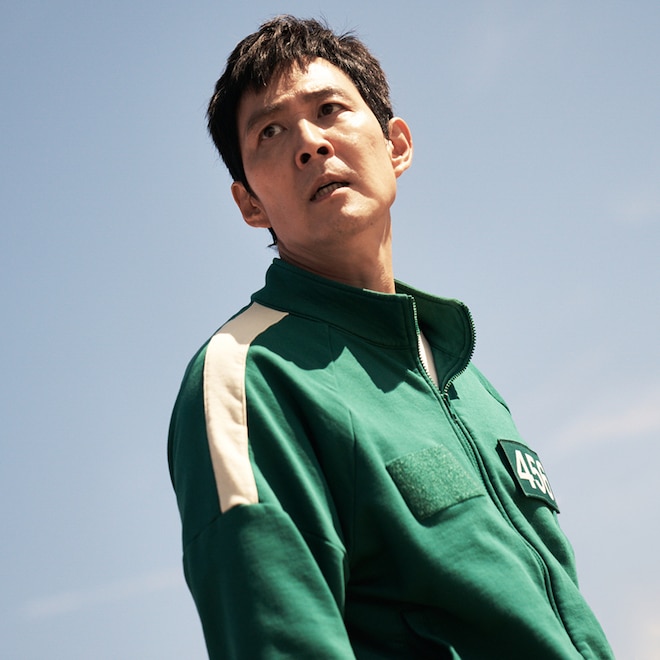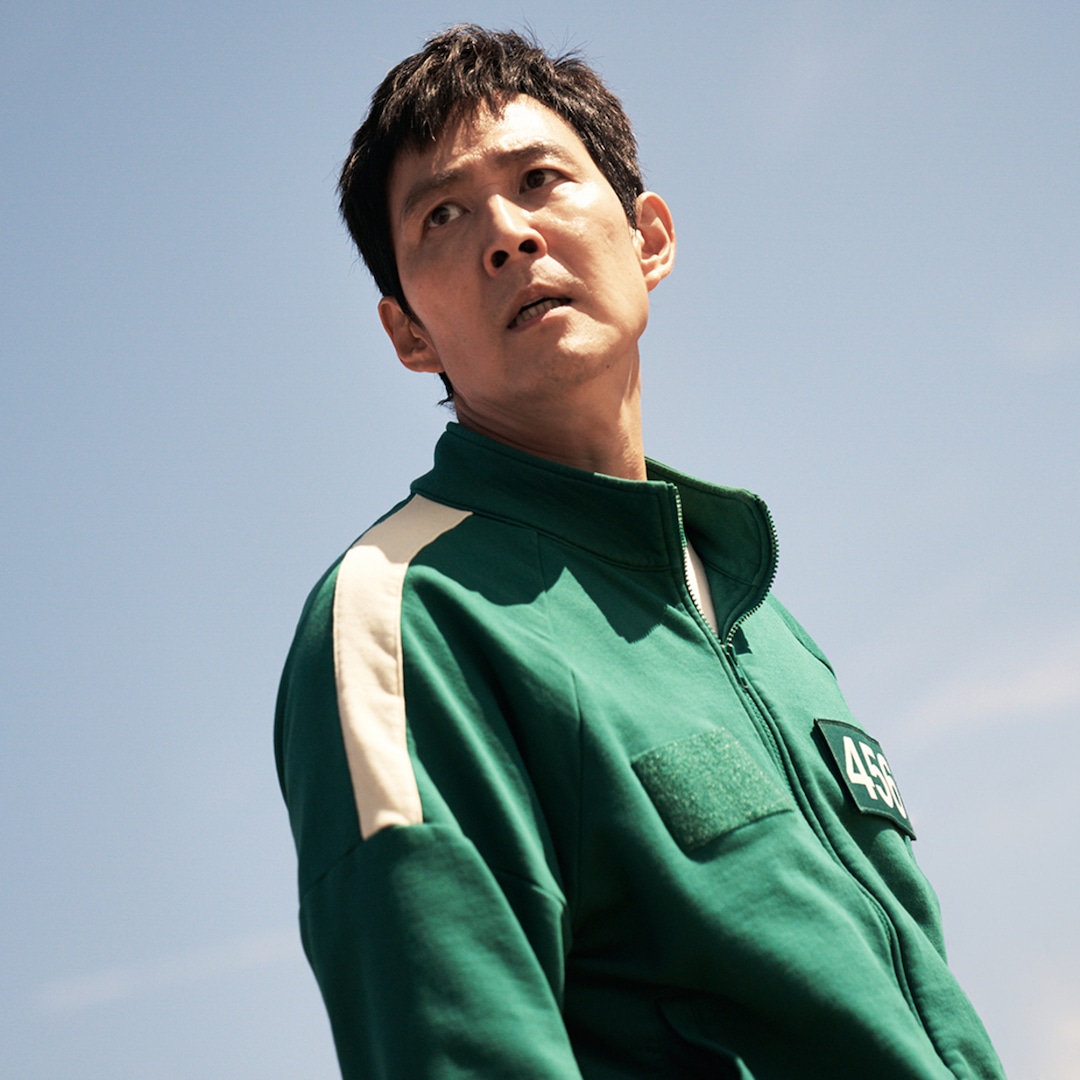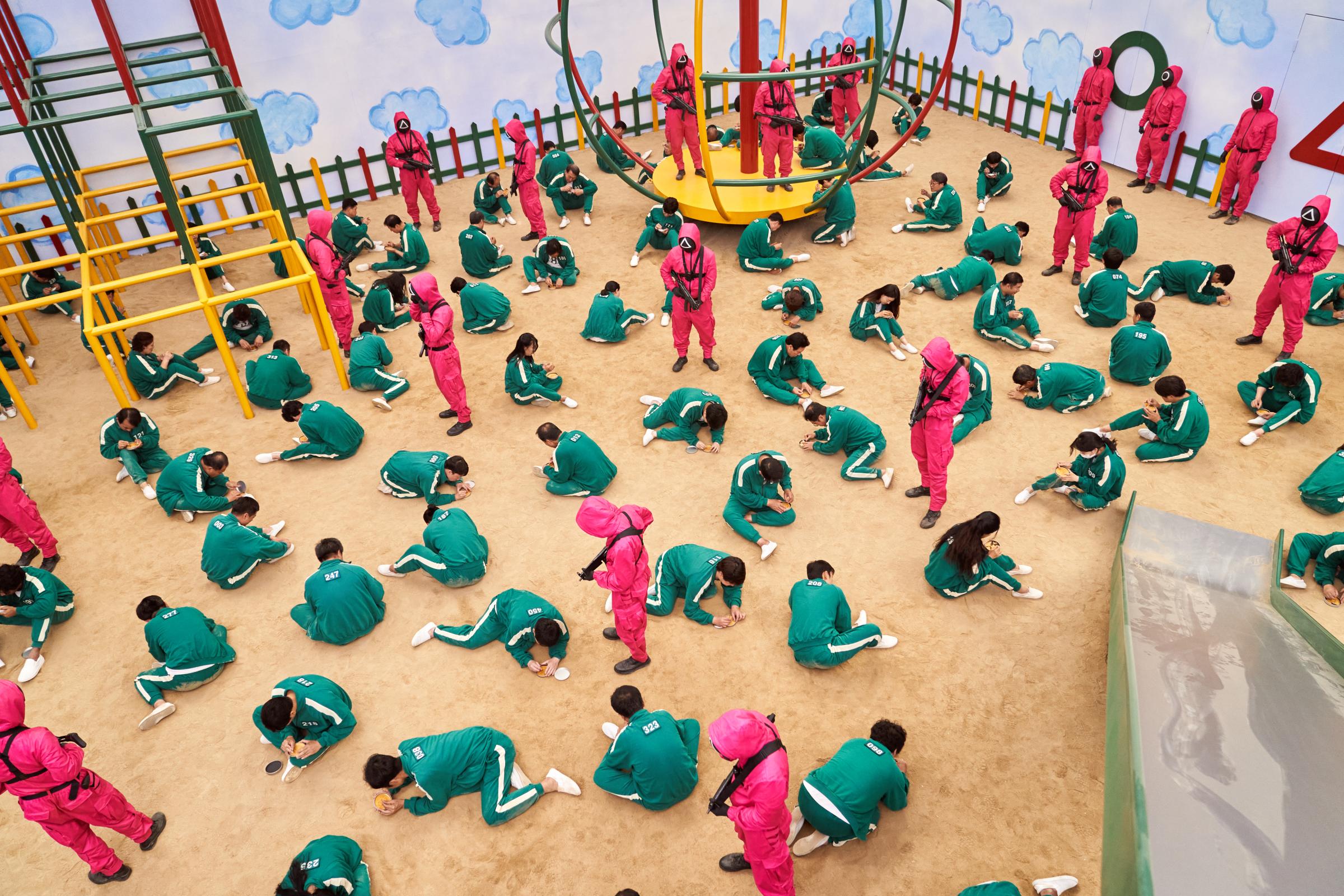
Warning: This story contains spoilers for Squid Game season two.
The game is still afoot as Squid Game heads into its third and final season.
Unlike the dystopian South Korean drama's first…
©2022 DopeReporters. All Right Reserved. Designed and Developed by multiplatforms














